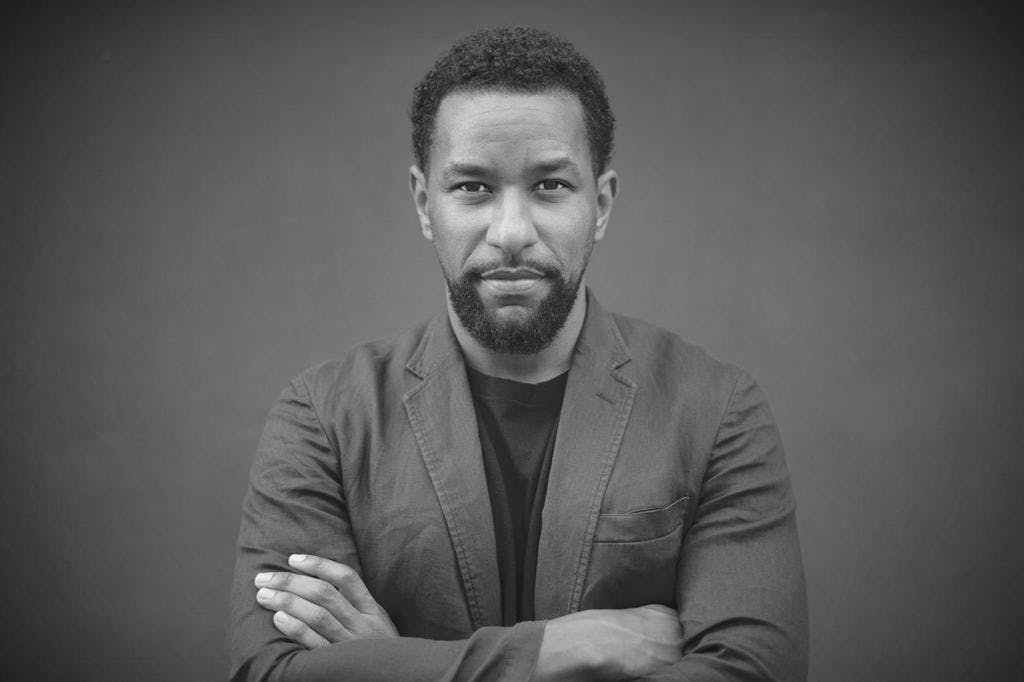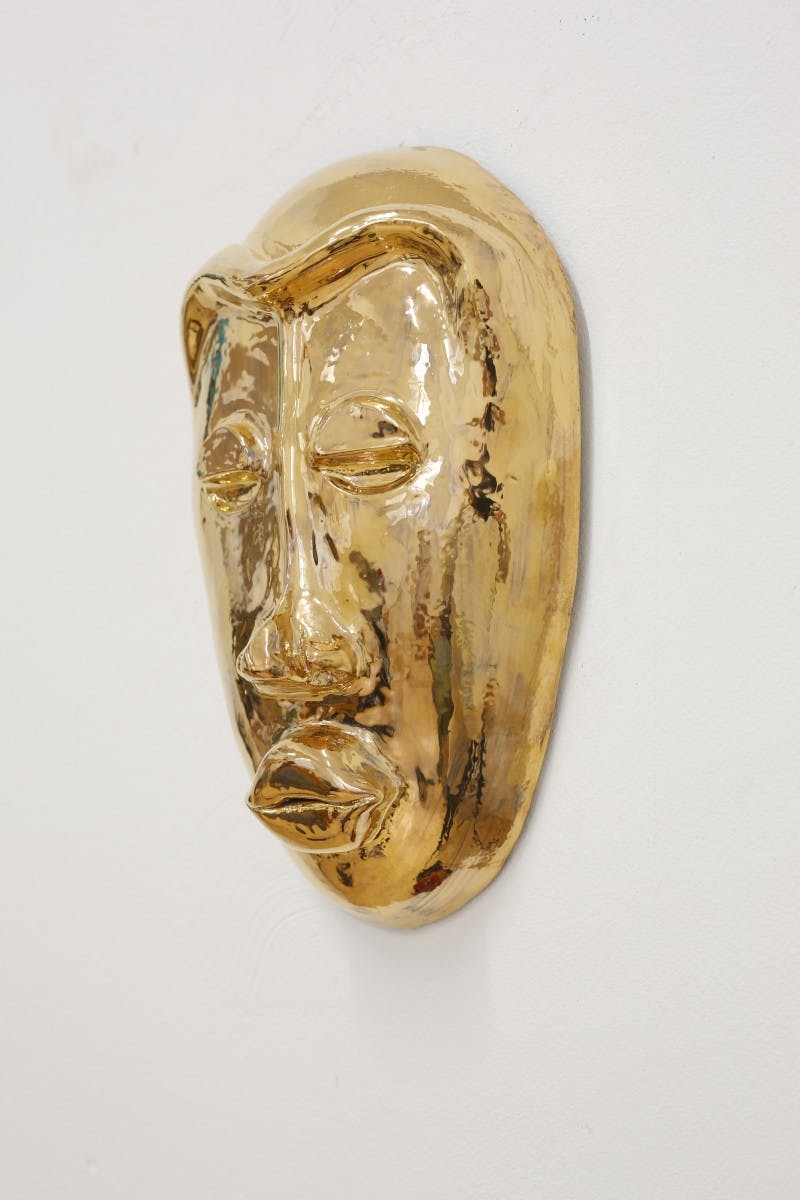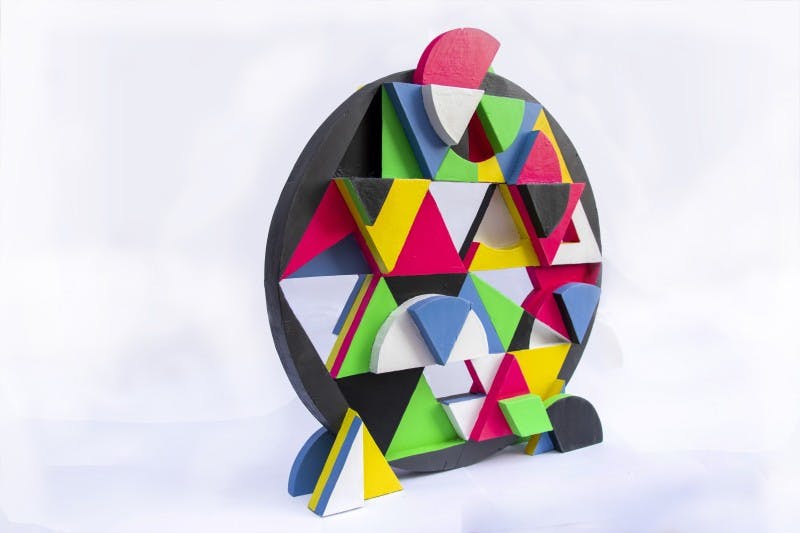Crafting a Black Italian Identity
Season 2 of Race Beyond Borders begins with a moving conversation with Adama Sanneh, co-founder and CEO of the Moleskine Foundation.

One evening half a decade ago, twenty-five friends and strangers, all Black Italians aged between 20 and 40, gathered in the Milan apartment of Adama Sanneh. “It was the first time for each one of us to be with more than one Afro-Italian in the same space at the same time,” Sanneh says.
It was the first time for each one of us to be with more than one Afro-Italian in the same space at the same time.
This season of Race Beyond Borders, which explores Black life in unexpected places across the globe, begins with a moving conversation with Sanneh. He walks us through his coming of age as a Black Italian man in a national context marked by this paucity of Black community. Born in the 1980s in Italy to a Senegalese/Gambian father and an Italian mother, Sanneh shares his experiences as the only Black person in the many social spaces of his early life. “I was the only Black kid in nursery school, kindergarten, middle school, high school, university, all my master's. Basketball team,” he says.
There was also hardly any culture work by and about Black Italians in the mainstream, the physical absences of Black people replicating in absences in cultural discourse and production. Sanneh reflects on the ways that U.S. media and political thought and his education in cultural anthropology upheld him as he found himself amid those cultural silences. That evening, in his apartment five years ago, he and his fellow Black Italians considered whether they might choose a word in Italian to refer to themselves. “We didn't reach any consensus,” Sanneh says. “The most revolutionary thing we thought that we could do is to avoid definition... We [rejected] that classification. And I think it would be an incredible missed opportunity not to deconstruct the hell out of any classification that's given to us.”
The most revolutionary thing we thought that we could do is to avoid definition... We [rejected] that classification.
And I think it would be an incredible missed opportunity not to deconstruct the hell out of any classification that's given to us.”
For Sanneh, culture work that engages these processes of construction and deconstruction is crucial for Black self-making. A community of other Black people with whom to hone a critical perspective is also invaluable.
He invites podcast listeners to engage the generative potential and creative possibility in Black identities. “I think the quest that we can decide to accept or not as Black people in this world, is to decide to make this quest mainly a reactive quest or a creative endeavour. Because as long as blackness remains reactive, I think that we will not change the status quo,” he says.






